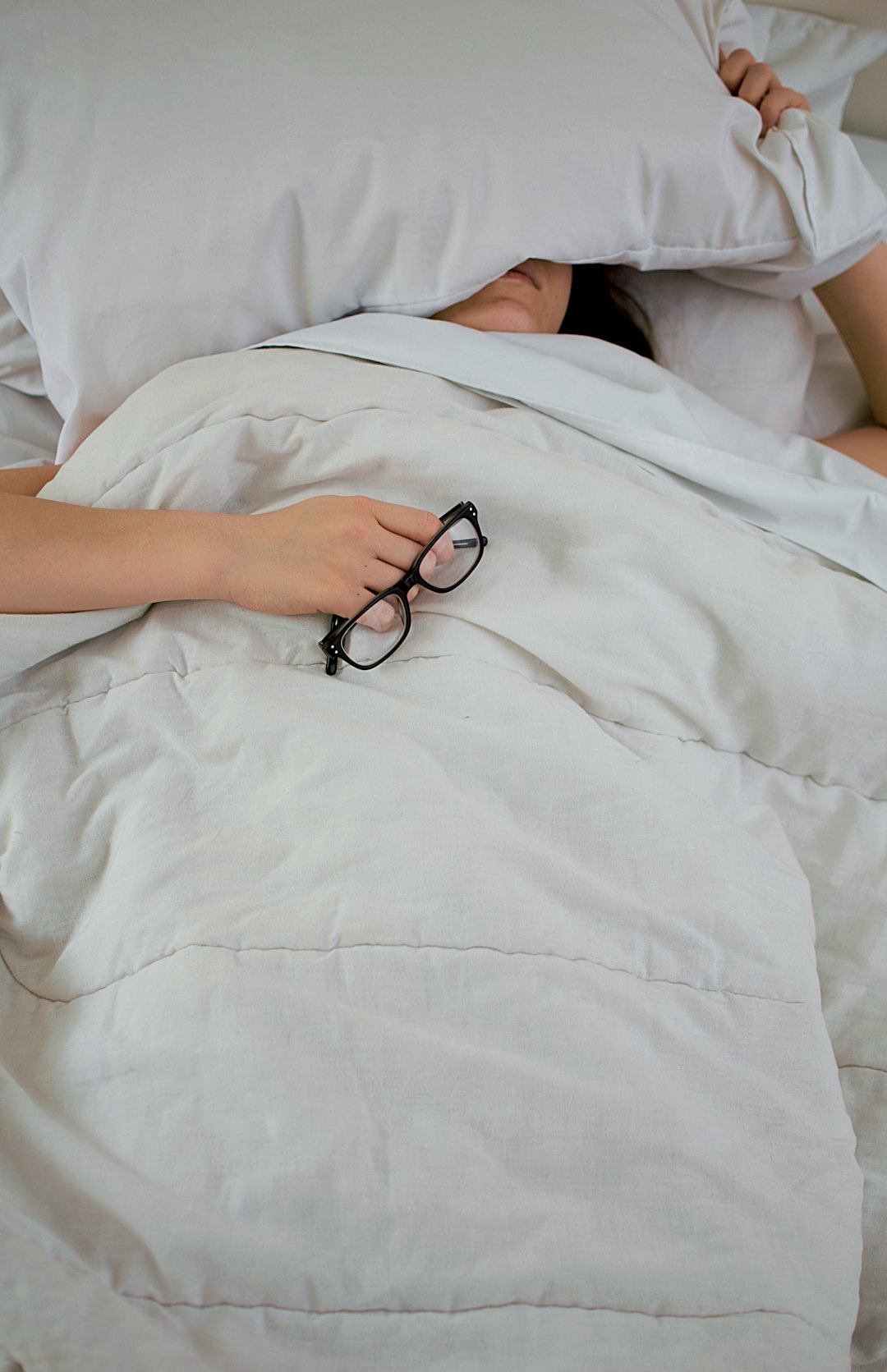1. Introduction
Most people are familiar with the consequences of a bad night’s sleep. We’ve all been there – feeling groggy and sluggish the next day after a sleepless night. But what many people don’t realize is that the effects of insomnia go far beyond just feeling tired.
Insomnia is a serious condition that can have a profound effect on your mental health. If you suffer from insomnia, you are at a greater risk of developing anxiety or depression. You may also find it difficult to concentrate and focus on tasks.
There are a number of ways to treat insomnia, but the most important step is to get a good night’s sleep. This means making sure that you have a comfortable bed, a dark and quiet room, and a regular sleep schedule. If you are having difficulty sleeping, talk to your doctor about ways to improve your sleep habits.
2. What is insomnia and what are its effects?
Insomnia is a sleep disorder that causes people to have difficulty falling or staying asleep. It can cause a variety of symptoms such as irritability, moodiness, difficulty concentrating, and fatigue. It also increases the risk of developing mental health issues such as depression and anxiety.
The effects of insomnia can be long-lasting and have a serious impact on a person’s day-to-day life. Studies have shown that people with insomnia are more likely to have problems with physical and mental performance, and can suffer from poorer quality of life. They may also have a higher risk of developing other health issues such as cardiovascular disease and diabetes.
In order to reduce the effects of insomnia and improve sleep quality, it’s important to develop good sleep habits. This involves making adjustments to your lifestyle, such as going to bed and getting up at the same time every day, avoiding caffeine and alcohol late in the day, and limiting the use of electronic devices in the evening. You can also use natural remedies such as relaxation techniques and certain herbal supplements to help you get a good night’s rest.

https://unsplash.com/@kstonematheson
3. The importance of a good night’s sleep
Getting a good night’s sleep is essential for overall health and wellness. Sleep is an important part of our daily routine and helps us to be more productive and alert during the day.
Additionally, sleep has been shown to be essential for maintaining mental health. Studies have linked insomnia to an increased risk of depression, anxiety, and other emotional and cognitive issues. Insomnia also affects your ability to concentrate and make decisions, leading to fatigue and irritability.
The quality of your sleep is just as important as the amount of sleep you get. If you experience insomnia, it’s important to seek medical advice. Your doctor may be able to recommend treatments such as cognitive-behavioral therapy, lifestyle changes, or medication.
Getting a good night’s sleep is essential for good mental health. It’s important to discuss any sleep problems with your doctor and to make sure you have the right treatment to ensure you get a good night’s sleep.

https://unsplash.com/@alexagorn
4. The link between insomnia and mental health
The link between insomnia and mental health is complex and still being studied, but research suggests that the two are closely linked. Sleep deprivation has been linked to depression, anxiety, hallucinations and other mental illnesses in adults.
In addition, insomnia is often a symptom of mental illness, and lacking proper treatment, the condition can cause a downward spiral of worsening health. Without proper treatment, it’s difficult to establish a good sleeping pattern, which can lead to further problems with mental health.
Research also suggests that people who suffer from mental health disorders are more likely to suffer from sleeping problems, while people with insomnia often suffer mental health problems as a result of the lack of rest.
Insomnia is a serious problem that shouldn’t be underestimated or ignored. If you think you’re suffering from insomnia, it’s important to seek help from a doctor and create a sleep plan. This can include lifestyle changes, medication, and relaxation techniques to help improve your sleep.

https://unsplash.com/@brucemars
5. How to get a good night’s sleep with neurofeedback therapy
Neurofeedback therapy is a type of treatment that helps people regulate their own brain activity. The use of EEG (electroencephalogram) caps to map brain activity, in combination with audio and visual cues, is a breakthrough in neuroscience. This technology has the potential to help individuals access deeper states of awareness. With this technology, there are exciting possibilities for self-improvement and exploration.
In the case of insomnia, neurofeedback therapy can be used to increase the brain’s ability to relax and therefore to promote deep, restorative sleep. Neurofeedback therapy has been particularly helpful in treating chronic insomnia, as it can help individuals gain control of their sleep-wake cycles.
When using neurofeedback therapy, the patient wears small electrodes. The electrodes are connected to a monitoring device that then sends real-time information about the patient’s brain activity. As this happens, images appear and disappear on a screen to alert the patient when their brain activity falls into certain patterns that are known to be associated with certain states of relaxation, wakefulness, or sleep.
With continued practice, the patient can learn how to control their brain activity and enter into a state of relaxation conducive to sleep. This can be a helpful tool for those who suffer from insomnia and have difficulty falling asleep or staying asleep.

https://unsplash.com/@izzyfisch_
6. Conclusion
Insomnia is an increasingly common and often under-recognized problem that can have serious effects on both physical and mental health. If you are struggling to get a good night’s sleep, there are a variety of tools and therapies available to you to help. From improving sleep hygiene and regulating caffeine intake to taking medications and exploring neurofeedback therapy, there are myriad ways to address your insomnia and improve your mental health.
Ultimately, however, the most important thing is to develop a routine that works best for you. Everyone is different and so idiosyncratic approaches will be necessary depending on the individual. Make sure to talk to your doctor if you are experiencing insomnia and pay attention to any underlying psychological or physical issues that may be contributing. With a proper diagnosis and treatment plan, you should be able to find the necessary tools to get the restful, restorative sleep your mind and body need to promote mental health.
Check out www.MyBrainDR.com for more information on how neurofeedback therapy can guide you through treatment for insomnia.





